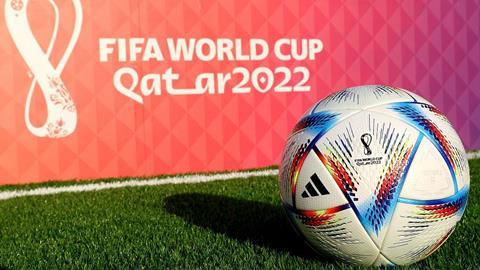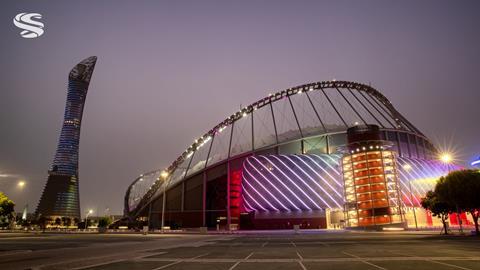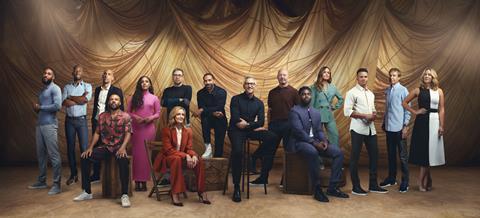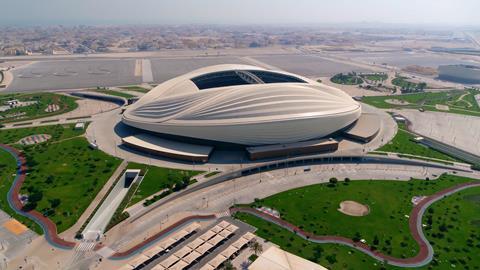BBC director of digital distribution Richard Cooper and director of product engineering David Andrade speak to Broadcast Sport about streaming Qatar 2022

The Qatar 2022 FIFA World Cup saw record streaming in the UK, with a winter World Cup and games in the middle of the day combining to test BBC iPlayer to the limits.
However, BBC director of digital distribution Richard Cooper believes that this was nothing out of the ordinary for the public broadcaster’s streaming service - even when a record eight million watched England’s opening match victory over Iran through the platform. There were over 90 million streams for the entire tournament. “We always expect a new record in online viewing,” Cooper told Broadcast Sport. “Our capacity planning is a year in advance, to make sure we don’t at the last minute have to put in stuff that hasn’t been tried and tested.”
This planning ahead of the event even had to take into account the, possibly unlikely, chance of England or Wales going all the way: “We have to be prepared for a home nation to win the World Cup. The early games allow us to recalibrate our predictions – luckily this time they were actually quite aligned with the reality we saw.”

Director of product engineering David Andrade concurred: “We look at expected traffic and users, and possible broadcast triggers and calls to action. We have a vast portfolio, so it’s making sure teams are coordinated and prepared.”
He added: “We have the biggest news website in the world – so there’s always a chance that something could happen elsewhere in the world and have an effect on our services.”
The specific circumstances of the Qatar edition of the World Cup also came into play, with a new season and more games per day than before having their effect. Cooper explained: “There are greater audiences generally in the winter, so it was a global worry that this would be magnified by a World Cup. It’s enormous and it has to work. The story has to be about the matches and not the tech.”

Andrade added: “More games a day meant less time for teams to make changes.”
With all of this extra traffic, there also comes opportunities - particularly with audiences that the BBC is prioritising. Andrade said: “Big events are massive for new accounts and activation. Recommendations are very important to attract people to stay with the product. There is a big push to attract younger audiences. We’re particularly pushing the app as app users are more loyal, and we can then cross-sell Sounds and other content. A coherence of experience while showing the depth of content with iPlayer, Sounds, Sport, is vital.”
Added interactivity with statistics from matches was a winner from this tournament, something that the BBC hadn’t added to its experience in the past, with Andrade noting: “Users picked up on it and it created discussions on social media.”

While this feature is still a work in progress, Cooper said of technological growth: “What’s exceptional this year will be business as usual next time.”
With the constant growth of audiences and technology, it’s a never-ending job for Cooper and Andrade, the former added: “We see online grow year-on-year. It was 16% of audiences in 2022 and that needs to grow. It needs to be equal to broadcast.”
He continued on the tech side: “It’s a continuous tech refresh. Under the hood it brings the online content closer to broadcast.” The next major steps to keep up are on the personnel and technology sides: “We are merging broadcast and online – using the same teams to make it business as usual,” and, “UHD was at 25% efficiency for the World Cup. We expect it to be 50% in 18 months.”
In addition, sometimes it is also the technological innovations being achieved elsewhere that have to be dealt with, Andrade said: “This time round a big change was a lot of people listening to 5 Live through smart speakers. So it’s about making content accessible on all platforms.”





No comments yet